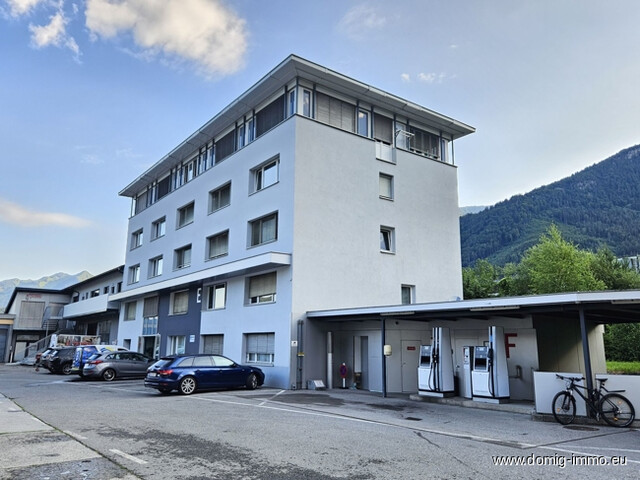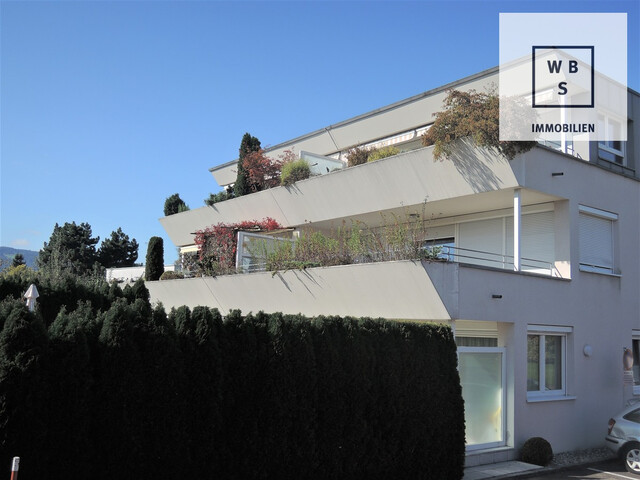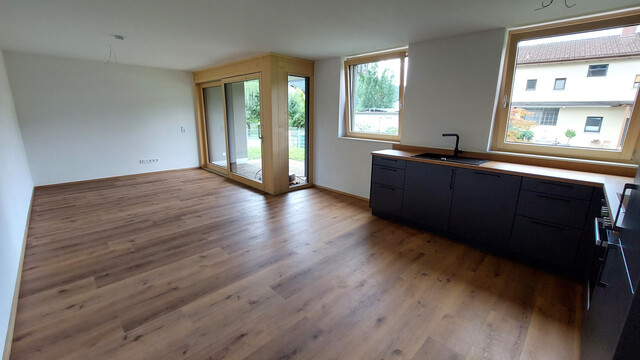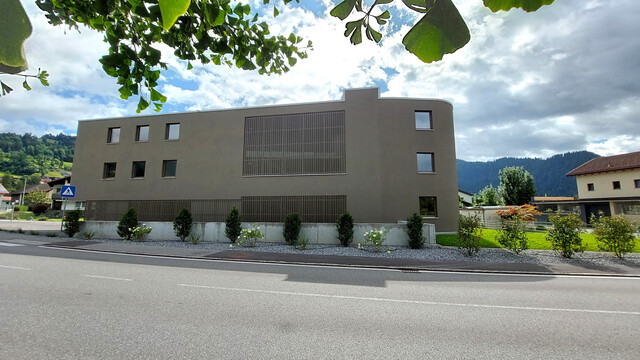Social Economy Collective Agreement: Protest on Wednesday in Vienna
The so far unsuccessful collective agreement negotiations in the social economy will continue on Thursday. Before that, the union GPA and vida will hold a rally in Vienna on Wednesday to emphasize their demand for a four percent wage increase. The current offer from the employers' side was described by GPA chief negotiator Eva Scherz on Monday to the APA as "not to be taken seriously." The employers' side advocated for "unity."
Interruption of Negotiations
The negotiations for the collective agreements of around 130,000 employees in private health, social, and care professions were interrupted on October 13 in the second round by the Union of Private Employees and the service union vida. The offer from the employers' side of a 2.5 percent wage and salary increase over two years corresponds to only a 1.25 percent increase per year, it was said. This was "insufficient and not a basis for further negotiations today," Scherz explained at the time and announced company meetings, precautionary strike resolutions, and rallies.
The employers' side referred to the framework conditions and appealed to the public sector to fulfill its responsibility. If this does not happen, they could "simply not offer more" to the unions.
Rally in Vienna
On Wednesday afternoon (2:45 PM), a rally by GPA and vida will take place at the Platz der Menschenrechte in Vienna. "The demands have not changed, we demand a four percent wage and salary increase and an improvement in working conditions," especially in part-time work, Scherz reiterated the conditions of the employees' side in advance.
Although Scherz shares the employers' argument that politics is responsible for adequate funding of the sector, the offer of 2.5 percent over two years is too little: "That is not acceptable." The colleagues have worked hard and are affected by inflation. There is also "still a shortage of skilled workers" in the industry.
The union representative also sees the employers' side as responsible for ensuring funding through politics: "The employers have the responsibility to ensure that the services they offer to politics are also paid for."
Demonstration in Salzburg
Scherz also referred to the demonstration already announced for Tuesday in Salzburg against the local austerity package. The main point of criticism is the elimination of the 15th salary for caregivers ("care bonus"), which is only planned in Salzburg. In the afternoon (4 PM), a "Care Parade - for Care and Support Professions" as well as a "Protest March for the Healthcare System" will take place in the city of Mozart.
Warning from Employers
The Employers' Association of Social Economy Austria (SWÖ) warned again on Monday in a press release "urgently about the dramatic situation in the social infrastructure" and made an appeal to politics: "It is the responsibility of the federal states not to destroy the social infrastructure. And it is the responsibility of the federal government to ensure that earmarked funds actually reach where they are needed," said SWÖ Managing Director and Chief Negotiator Yvonne Hochsteiner.
Cuts in several federal states would immediately endanger care security. "Facilities are facing closures, positions cannot be refilled, jobs are being destroyed despite high demand - the providers can hardly plan under these conditions," said the SWÖ. Currently, there is an "erratic clear-cut" happening "throughout the republic," affecting women's counseling centers, psychosocial services, youth facilities, disability assistance, migration, and integration services. "Everywhere, funding is being cut or not renewed, and already made financial commitments are being withdrawn," said SWÖ Chairman Erich Fenninger.
The SWÖ emphasizes that in light of these political and budgetary attacks on social infrastructure, a "solidarity within the industry" is more important than ever. "The current situation calls for unity, not escalation," said Hochsteiner. In this situation, they stand "side by side with the employee representatives," as it is about "the same cause: stable jobs and ensuring that we can continue to support people in need."
The focus of the third round of negotiations is the employer's offer of 2.5 percent, spread over the years 2026 and 2027. Under the given circumstances, planning security is "the highest good." "Only with a two-year agreement can we prevent providers from being plunged into existential uncertainty again in the coming months." They are not only fighting for fair conditions - "we are fighting to ensure that these jobs still exist tomorrow." The question is not "what we wish for, but what is financially still possible."
Collective Agreement Negotiations on Thursday
That a conclusion will be reached in the next round of negotiations scheduled for Thursday is not considered particularly likely by GPA negotiator Scherz. "I am a hopeless optimist and expect an offer on equal terms. The last offer of 1.25 percent is not to be taken seriously," she emphasized. "I hope for a good movement in the right direction on Thursday," she said, but noted: "It is hard to imagine that we can come to an agreement, even though I would wish for it."
(APA/Red)
This article has been automatically translated, read the original article here.
Du hast einen Hinweis für uns? Oder einen Insider-Tipp, was bei dir in der Gegend gerade passiert? Dann melde dich bei uns, damit wir darüber berichten können.
Wir gehen allen Hinweisen nach, die wir erhalten. Und damit wir schon einen Vorgeschmack und einen guten Überblick bekommen, freuen wir uns über Fotos, Videos oder Texte. Einfach das Formular unten ausfüllen und schon landet dein Tipp bei uns in der Redaktion.
Alternativ kannst du uns direkt über WhatsApp kontaktieren: Zum WhatsApp Chat
Herzlichen Dank für deine Zusendung.








